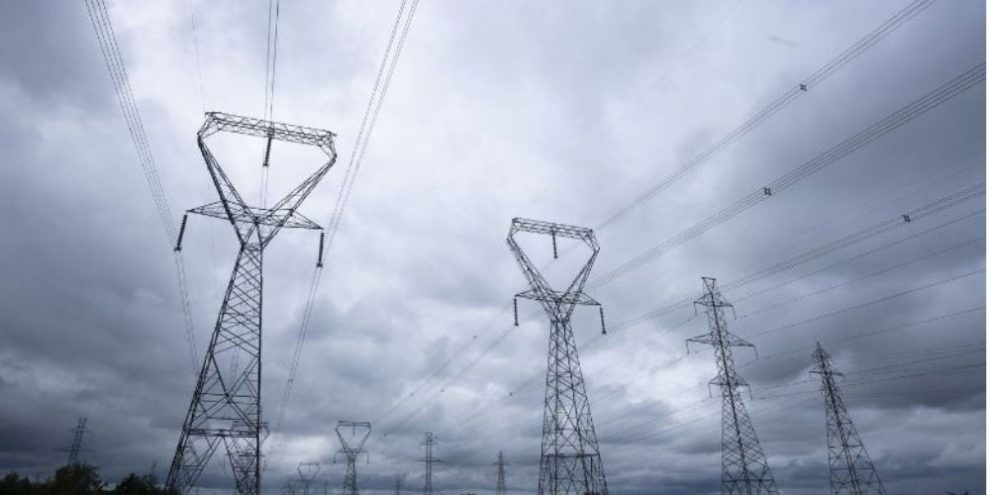
Ontario is rolling out an energy conservation program that will pay residents with smart thermostats to lower their air conditioning during certain periods in the summer.
Residential customers who sign up for the Peak Perks program will receive a $75 prepaid credit card in exchange for giving their smart thermostat manufacturer secure access to the device.
There would be up to 10 times during peak periods of electricity consumption between June and September during which their thermostat would be adjusted two to four degrees.
The government says the adjustment would typically last for no more than three hours, wouldn't be on weekends or holidays, and participants can opt out of any temperature change.
The Progressive Conservatives cancelled a number of energy conservation programs early in their first term in government, and critics have said their new $342-million suite of programs doesn't replace what existed previously.
Energy Minister Todd Smith says Ontario's electricity grid was in a different situation then, with a surplus of power that was sometimes being sold at a loss to neighbouring jurisdictions.
"The energy efficiency programs weren't as important then as they certainly are now," Smith said at a press conference Thursday.
"The Peak Perks program that we're announcing today is a far more easier program to take part in."
Chuck Farmer, the Independent Electricity System Operator's vice-president of planning, conservation and resource adequacy, said a similar previous conservation program was effective, but not necessarily cost effective because of grid conditions.
He noted that demand for electricity is increasing, while nuclear resources are coming offline for retirement or refurbishment, and there are now 600,000 smart thermostats installed in Ontario as well.
"We have a lot more eligible customers, the technology is much better so it will be much more effective," he said. "I think now is the right time to bring back the involvement of residential customers."
Banner image: THE CANADIAN PRESS/Adrian Wyld
This report by The Canadian Press was first published May 25, 2023.





